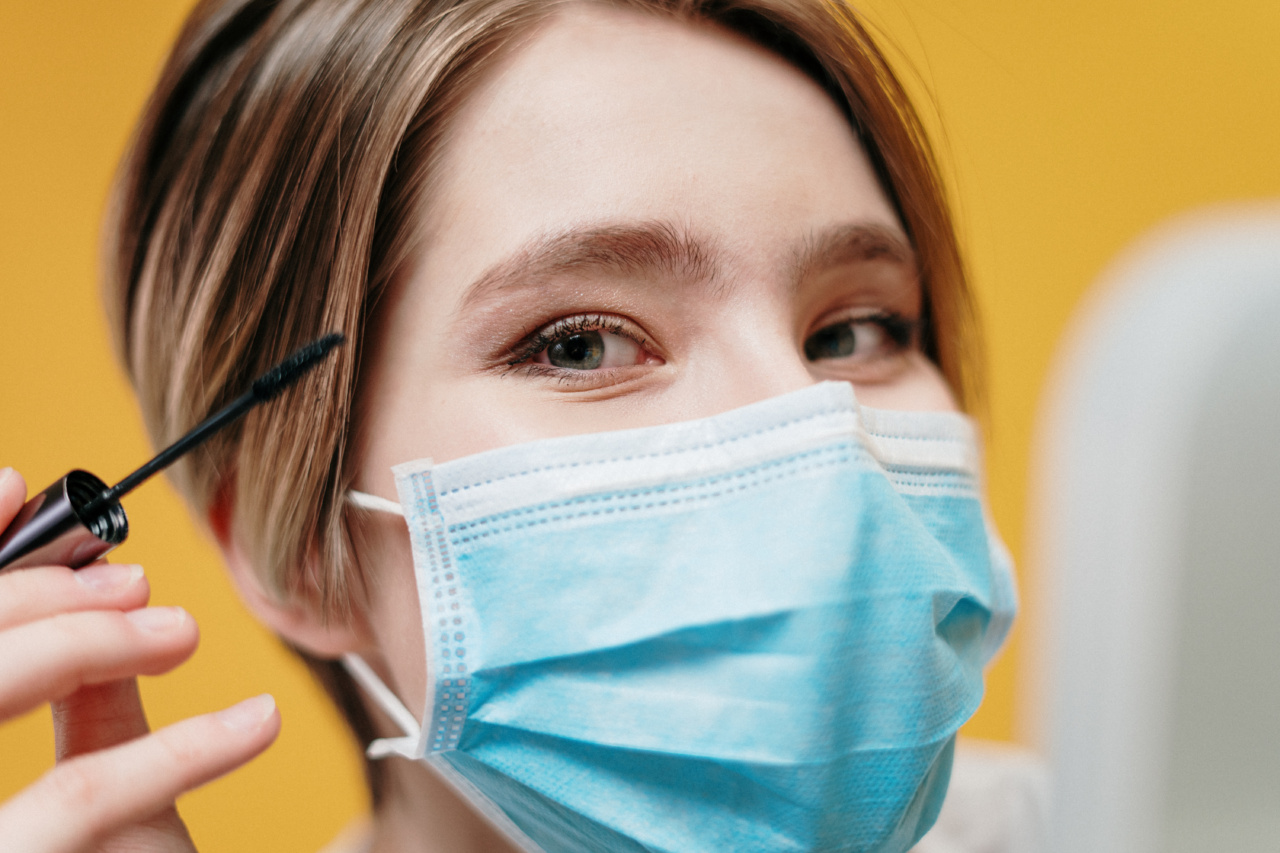As we age, our eyes go through certain changes that can affect our vision and overall eye health. Given that 40 is a milestone age, it’s important to pay extra attention to our eyes and take steps to maintain their health and ensure safety.
Here are some top tips for eye health and safety after 40:.
1. Schedule Regular Eye Exams
Regular eye exams are crucial for detecting and preventing any potential eye problems or diseases.
It is recommended to have a comprehensive eye exam at least once every two years and more frequently if you have any pre-existing eye conditions or family history of eye disease.
2. Protect Your Eyes from Harmful UV Rays
Exposure to harmful UV rays can increase the risk of developing eye conditions such as cataracts and macular degeneration. To protect your eyes, always wear sunglasses that offer 100% UV protection when outdoors, even on cloudy days.
Additionally, consider wearing a wide-brimmed hat for added protection.
3. Maintain a Healthy Diet
A nutritious diet can have a positive impact on your eye health. Include foods rich in omega-3 fatty acids, such as salmon or walnuts, which can help reduce the risk of dry eyes and age-related macular degeneration.
Eating a variety of fruits and vegetables, particularly those high in antioxidants, can also provide essential vitamins and minerals for your eyes.
4. Avoid Smoking
Smoking is not only harmful to your overall health but can also have a detrimental effect on your eyes. Smoking increases the risk of developing age-related macular degeneration, cataracts, and optic nerve damage.
Quitting smoking or never starting is one of the best things you can do for your eye health.
5. Practice Good Hygiene
Proper hygiene is essential to prevent eye infections. Wash your hands thoroughly before touching your eyes or handling contact lenses. Avoid rubbing your eyes, as it can introduce germs and potentially cause irritation or infection.
6. Take Frequent Eye Breaks
If you spend long hours in front of a screen or engaged in other visually demanding tasks, it’s essential to give your eyes regular breaks.
Follow the 20-20-20 rule – every 20 minutes, look away at an object at least 20 feet away for at least 20 seconds. This practice helps reduce eye strain and fatigue.
7. Stay Active and Exercise Regularly
Regular exercise has numerous health benefits, including promoting good eye health. Engaging in physical activity improves blood circulation, which nourishes the eyes with oxygen and essential nutrients.
Aim for at least 30 minutes of moderate-intensity exercise most days of the week.
8. Maintain Proper Lighting
Poor lighting can strain your eyes and make daily activities more challenging. Ensure that the lighting in your work and living spaces is adequate. Use task lighting when reading or working on close-up tasks to reduce eye strain.
9. Monitor Your Vision Changes
Be aware of any changes in your vision and seek immediate professional help if you experience sudden blurriness, floaters, flashes of light, or any other troubling symptoms.
Early detection and treatment can prevent further deterioration of your eye health.
10. Follow Prescribed Eye Care Instructions
If you wear contact lenses or require any other vision aids, it is essential to follow the instructions provided by your eye care professional.
Properly cleaning and storing your contact lenses and replacing them as recommended can help prevent eye infections and other complications.
Conclusion
Taking care of your eyes becomes increasingly important after the age of 40. By following these top tips for eye health and safety, you can maintain good vision and minimize the risk of developing age-related eye conditions.
Remember to schedule regular eye exams, protect your eyes from harmful UV rays, maintain a healthy lifestyle, and seek professional help if you notice any concerning changes in your vision. Prioritizing your eye health now will pay dividends for years to come.




























